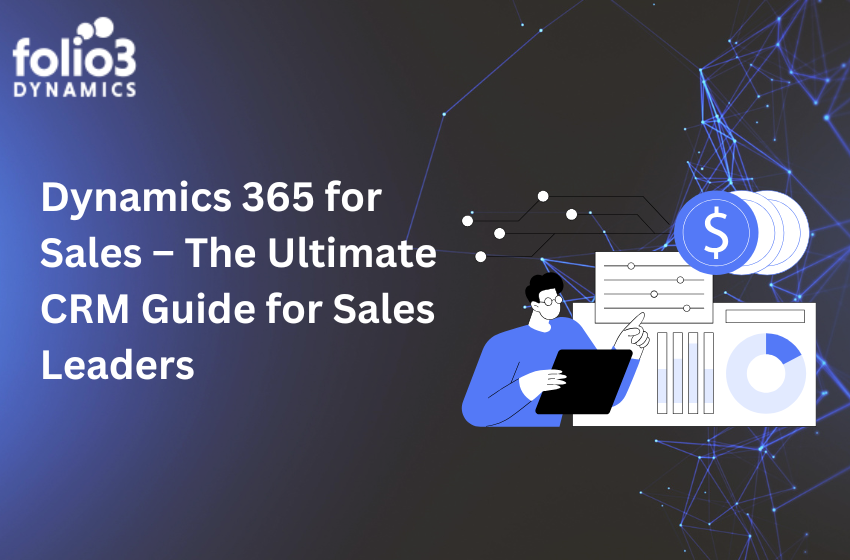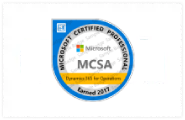In the fast-paced world of modern commerce, few things are as crucial as connectivity. For businesses operating in the B2B space, the seamless integration of systems and processes is not just an operational nicety—it’s a strategic imperative. This post will provide a comprehensive look at how B2B ERP integration not only facilitates smooth internal operations but can also serve as a linchpin for enhancing relationships, optimizing supply chains, and driving growth.
Introduction
At the heart of any successful B2B transaction is the element of efficiency. In an ecosystem where multiple stakeholders are constantly interacting, the ability to share information, fulfill orders, and maintain communication is paramount. Here, Enterprise Resource Planning (ERP) systems emerge as the undisputed tool for orchestration, aligning disparate processes under a unified digital umbrella. Yet, the true power of ERPs lies not in isolation but in their capacity for integration—both internally and, importantly, with external B2B partners.
The topic of B2B ERP integration is multifaceted. It combines the technical intricacies of system compatibility with the more abstract aspects of inter-company cooperation and trust. In this exploration, we’ll unravel why B2B ERP integration is indispensable, how it can be achieved effectively, and the dividends it delivers to businesses at every step.
The Fundamentals of B2B ERP Integration
When we speak of B2B ERP integration, we reference a set of technologies and processes aimed at unifying the data and operations that span across different business entities. At its core, B2B integration encompasses various levels of connectivity:
- Data Integration, ensuring that information can flow unimpeded between systems.
- Systems Integration, which includes the orchestration of multiple application functions and services.
- Business Process Integration, aligning workflows and methodologies for a coherent partnership.
The Need for B2B ERP Integration
In the absence of robust B2B ERP integration, operational silos can develop, leading to redundancy, manual efforts prone to errors, and delayed decision-making. These shortcomings not only diminish internal efficiency but also degrade the value proposition offered to B2B customers and partners.
Key Advantages of Seamless B2B ERP Integration
Improved Data Accuracy and Real-time Visibility
With B2B ERP integration, accuracy is enhanced. This is a result of minimizing manual data entry and reducing the lag often associated with information relays across networks. Real-time visibility further empowers decision-makers, as they can now operate with a current, complete picture of their business metrics.
Streamlined Business Processes
Integration brings automation, simplifying the complex tapestries of processes that often characterize B2B interactions. The message passing between systems becomes swift and sure, leading to a significant reduction in order-to-cash cycles and service lead times.
Enhanced Customer and Partner Relationships
Efficiency begets satisfaction. B2B partners appreciate the smooth operations that integration affords, leading to strengthened relationships and trust. In a competitive market, this customer-centric approach can be the differentiator that wins and retains business.
Strategies for Effective B2B ERP Integration
Data Harmonization
For B2B integration to be truly seamless, data must not just pass but translate. This involves a standardization of formats and fields, ensuring that information from one system can be interpreted correctly by another, regardless of its origin.
Integration Architecture Planning
A carefully designed integration architecture is the skeleton upon which successful B2B ERP integration is built. It should be agile, extensible, and resilient, capable of serving a multitude of present and future integration needs.
Choosing the Right Integration Tools and Platforms
In the digital toolbox of B2B ERP integration, middleware, modern APIs, and dedicated integration platforms stand ready to forge connections. Selecting the optimal tools is a strategic necessity, influenced by factors such as the complexity of the integration task, the number of partners, and the desired scope of functionality.
Implementation Best Practices
Comprehensive Requirement Analysis
Before any integration endeavor, a thorough understanding of business requirements and partner capabilities is paramount. This forms the blueprint for the integration process and aligns expectations from the outset.
Stakeholder Engagement and Collaboration
Integration, by its nature, is a collaborative effort. It requires not only the buy-in of internal stakeholders but the active participation and investment of external partners. A unified approach ensures that integration efforts are not in vain but yield the intended results.
Continuous Testing and Optimization
Even the best-integrated systems demand vigilant oversight. Continuous testing and optimization are the hallmarks of a well-maintained B2B ERP integration strategy, where feedback loops are not only welcome but integral to success.
Overcoming Common B2B ERP Integration Challenges
Addressing Technical Heterogeneity
In a B2B context, integration is further complicated by the diversity of partners’ systems and technologies. Solutions must be agile enough to accommodate the various IT landscapes and standards in play.
Data Security and Compliance
The sensitive nature of B2B data and the regulatory environment within which it operates necessitate stringent security measures and a deep commitment to compliance standards. The integration solution must be as watertight as it is productive.
Scalability and Flexibility
The perfect integration today might be rendered obsolete by the business landscape of tomorrow. Scalable solutions—both in terms of size and cost—and flexible architectures ensure that the integration remains a dynamic force, capable of adapting to change.
Case Studies: Successful B2B ERP Integration
Beneath these principles and strategies lie real-world stories of B2B success. From multinational corporations to nimble startups, businesses that have embraced B2B integration have experienced the transformation first-hand. These case studies illuminate the challenges faced and the people, processes, and technologies that surmounted them.
Emerging Trends in B2B ERP Integration
The technology landscape is never static, and B2B ERP integration is no exception. Trends such as blockchain for secure transactions, cloud computing for on-demand scalability, and AI for predictive analytics are shaping the future of interconnected enterprises.
Conclusion
Business leaders and decision-makers at the helm of B2B operations are urged to take a proactive stance on integration. The call to action is to recognize B2B ERP integration not just as a technical exercise, but as a strategic lever for business optimization, innovation, and ultimately, a competitive edge in an increasingly integrated world.
Folio3 Dynamics offers an innovative suite of solutions tailored for businesses seeking to integrate their B2B processes with ERP systems efficiently and effectively. By leveraging their deep expertise in both Microsoft Dynamics and custom integration platforms, they provide a seamless bridge between disparate business systems. This not only facilitates improved data accuracy and real-time visibility but also streamlines business processes to enhance customer and partner relationships. With a focus on flexibility and scalability, Folio3 Dynamics ensures that the integration solution grows with your business, adapting to new challenges and opportunities. Whether you’re dealing with technical heterogeneity across B2B partners or navigating the complexities of data security and compliance, Folio3 Dynamics stands ready to guide your business towards a successful B2B ERP integration.







